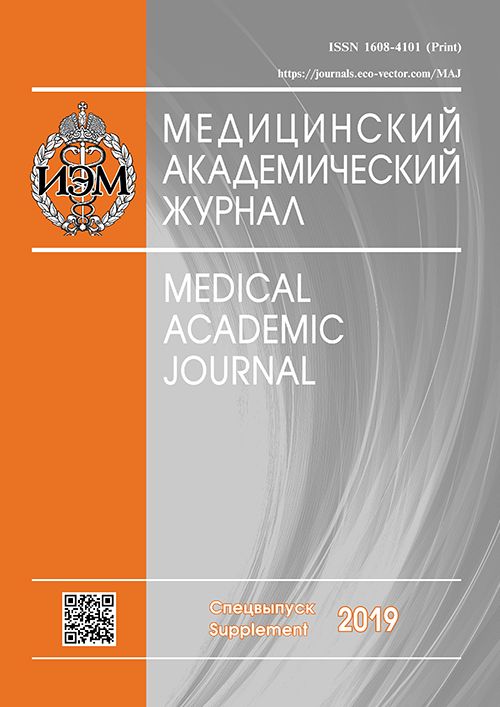NEUROIMMUNE PATTERN IN THE COMORBIDITY BETWEEN DEPRESSION AND ALCOHOL USE DISORDER
- Authors: Nevidimova TI1, Davydova TV2, Vetrile LA2, Savochkina DN1, Zakharova IA2, Galkin SA1
-
Affiliations:
- Mental Health Research Institute, Tomsk
- Institute of General Pathology and Pathophysiology, Moscow
- Issue: Vol 19, No 1S (2019)
- Pages: 94-96
- Section: Articles
- Published: 15.12.2019
- URL: https://journals.eco-vector.com/MAJ/article/view/19343
- ID: 19343
Cite item
Abstract
Full Text
About the authors
T I Nevidimova
Mental Health Research Institute, Tomsk
T V Davydova
Institute of General Pathology and Pathophysiology, Moscow
L A Vetrile
Institute of General Pathology and Pathophysiology, Moscow
D N Savochkina
Mental Health Research Institute, Tomsk
I A Zakharova
Institute of General Pathology and Pathophysiology, Moscow
S A Galkin
Mental Health Research Institute, Tomsk
References
- Neupane SP. Neuroimmune Interface in the Comorbidity between Alcohol Use Disorder and Major Depression. Front Immunol. 2016;7:655. https://doi.org/10.3389/fimmu.2016.00655. eCollection.
- Ponizovskiy PA, Gofman AG. Depression in alcohol addicted patients. Zh Nevrol Psikhiatr Im S S Korsakova. 2015;115(7):146-150. https://doi.org/10.17116/jnevro201511571146-150.
- Masterova E, Bokhan N, Nevidimova T, et al. Role of olfactory reactions, nociception, and immunoendocrine shifts in addictive disorders. American Journal on Addictions. 2017;26(6):640-648.
- Davydova TV, Vetrile LA, Nevidimova TI, et al. Dopamine, norepinephrine, glutamate antibodies in individual prevention of addiction. European Neuropsychopharmacology. 2017;27(Suppl 4):1078.
Supplementary files







